Chinese film takes top prize at Locarno
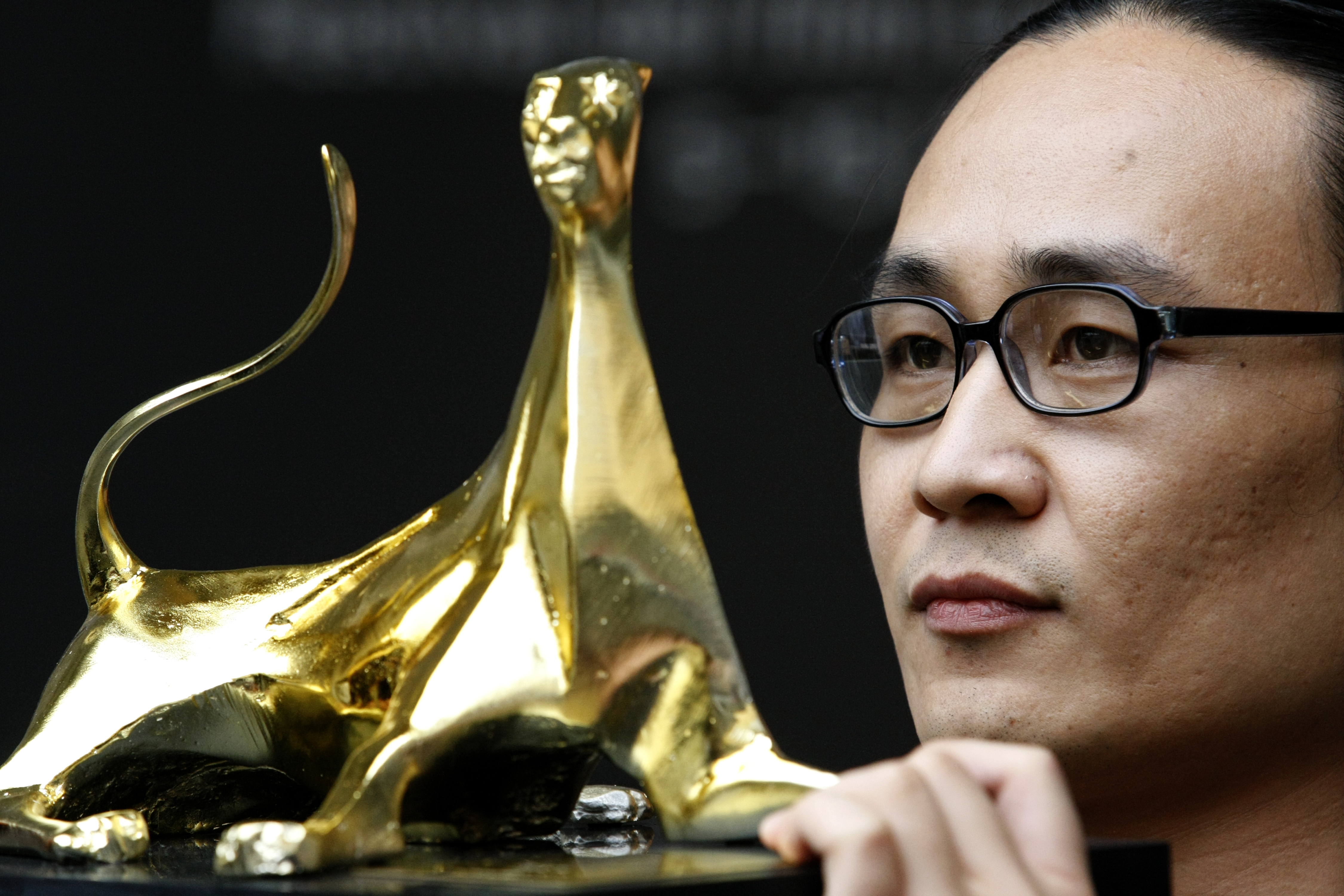
The Golden Leopard, the grand prize at the Locarno Film Festival, is headed for China this year. It goes to the film Han Jia (Winter Vacation) by Li Hongqi.
Winter Vacation tells the story of four teenagers hanging out in a village in northern China. Last year, the screenplay won a prize in the festival’s Open Doors section.
The SFr90,000 ($85,870) Locarno prize was awarded on Saturday evening. It will be divided evenly between the film’s director and producer.
The four teenagers in the Chinese film meet at the home of Zhixin Zhou, who lives with his father, brother and nephew. The friends enjoy their last day of holidays together by strolling into town where nothing ever seems to happen.
They kill time by talking about everything and nothing. They argue for argument’s sake, talk to their girlfriends about teenage love and how it might affect their studies, and also the value of an education in real life.
Morgen (Tomorrow) by Marian Crisan took the Special Jury Prize of SFr30,000. The French-Romanian-Hungarian production was considered the second-best film in the international competition.
Canadian Denis Côté was named Best Director for Curling, a French-language film telling a father-daughter story.
Critics divided
Although there was agreement the overall quality of films shown at the 63rd edition of the festival had dropped, critics were satisfied with the screening selections of the festival’s new artistic director, Olivier Père.
They told swissinfo.ch that the choices in 2010 offered a variety of genres, although the level of competition, with some notable exceptions, was not perfect.
“[Père] succeeded in offering audiences a range of emotions, given the difficulty of some delicate issues such as violence, homosexuality, pornography and troubled youth,” said Antonio Mariotti of the regional newspaper, Corriere del Ticino.
Mariano Morace of Switzerland’s Italian-language public broadcaster, RSI, said no one could expect a perfect selection of films from the first-time artistic director. However, Morace said the results on the whole were positive.
“What attracted me most was the diversity of films. I didn’t like all of them, but no festival is able to please everyone with all of its films,” he added.
For his part, Mariotti said one third of the 18 films in competition were quite appealing. And, curiously, he went on, they highlighted strong female characters involved with crime, jail and otherwise living on the margins of society. “These women are all desperately searching for a decent – if not happy – life.”
Women’s perspective
The Asian films screened showed that the continent is a fertile ground for stories told from a woman’s perspective. Tormented by conflicts and wars, the characters are often unhappy heroines living in a society struggling to survive.
It may have been a coincidence, but the protagonists of the best films were women, according to Mariotti. His favourite was the Serbian film, Beli Beli Svet (White White World). He found it to be a moving story similar to a Greek tragedy, that introduces musical elements as an expression of the country’s soul.
“This film is about reality where the wounds of war are still open and where whole generations of men are missing and consequently, women must hold society together,” Mariotti said.
Morace was of the same opinion, since, he said, Beli beli svet director Oleg Novkovi was able to evoke a lost generation. Other films he felt were noteworthy included the Italian work, Pietro, by Daniele Gaglianone, as well as Morgen and Periferic, both from Romania.
Morace also praised the top winner, Han Jia. “Although almost nothing happens for an hour and a half, the film skilfully describes adolescent relationships. There is little dialogue but there are certain moments and particular figures, like the little brother of one of the main characters, who are quite funny and strong.”
According to the two commentators, the films displayed high standards of story-telling and cinematography, even though most fell back to using conventional techniques.
swissinfo.ch (With input from Françoise Gehring in Locarno)
Appointed artistic director of the Locarno Film Festival on September 25, 2008.
A French national, Père was born in Marseilles in 1971 and studied literature at the Sorbonne University.
Hired by the French Cinematheque in 1995, he quickly became responsible for planning and organising numerous tributes and thematic reviews. From 1996 he was collaborating with the Entrevues film festival of Belfort, which organises retrospectives.
From 1997 he collaborated on the cultural magazine “Les Inrockuptibles” through contributions on the topics of film, television and DVDs.
From 2004-2009, he was managing director of the Directors’ Fortnight, a prestigious independent section of the Cannes Film Festival, organised by the French association of film directors.
Golden Leopard
Han Jia (Winter Vacation) by LI Hongqi, China
Special Jury Prize
Morgen by Marian Crisan, France/Romania/Hungary
Best Director
Denis Côté
for Curling, Canada
Leopard for Best Actress
Jasna Duricic
in Beli Beli Svet (White White World) by Oleg Novkovic, Serbia/Germany/Sweden
Leopard for Best Actor
Emmanuel Bilodeau
in Curling by Denis Côté, Canada

In compliance with the JTI standards
More: SWI swissinfo.ch certified by the Journalism Trust Initiative
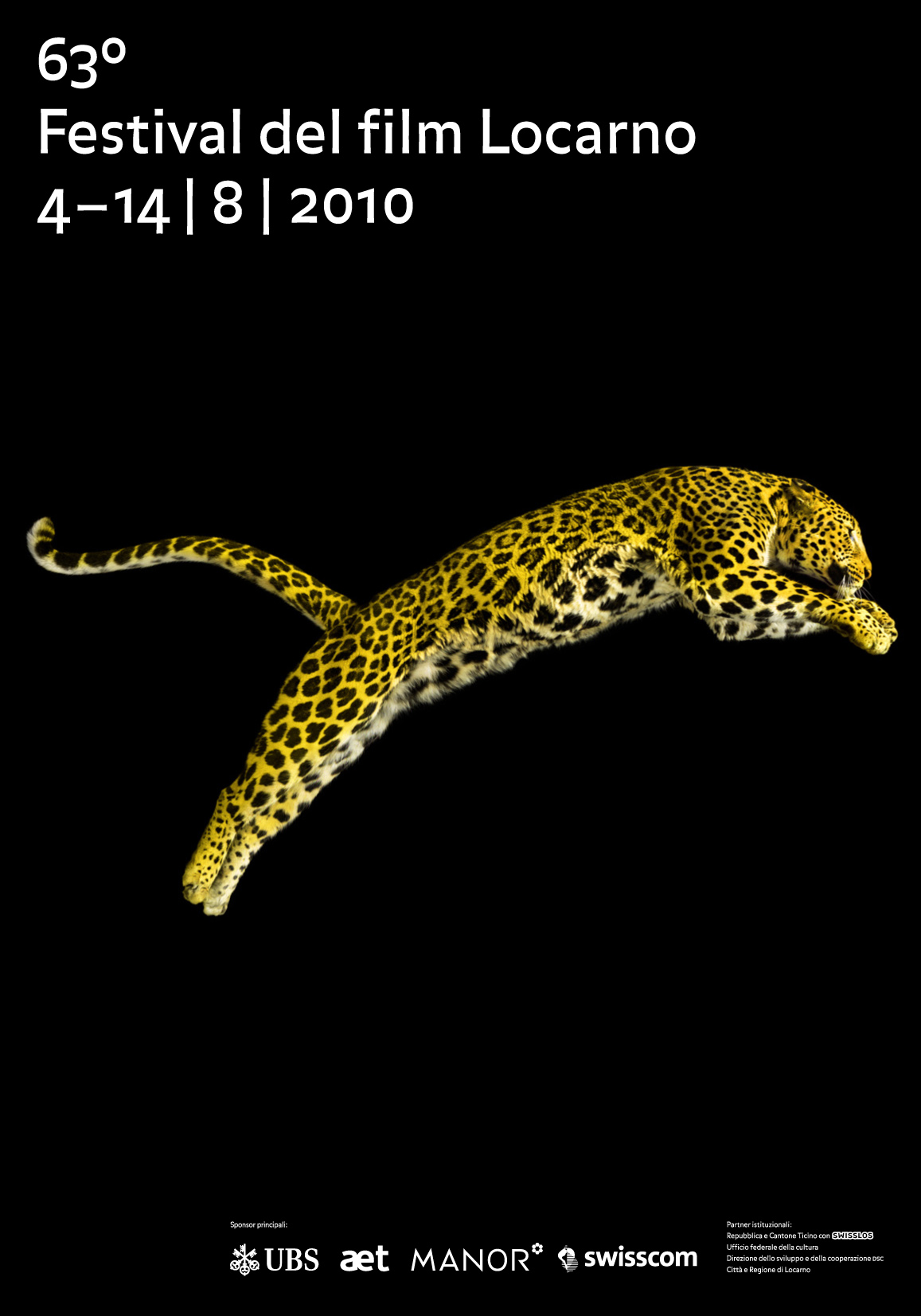

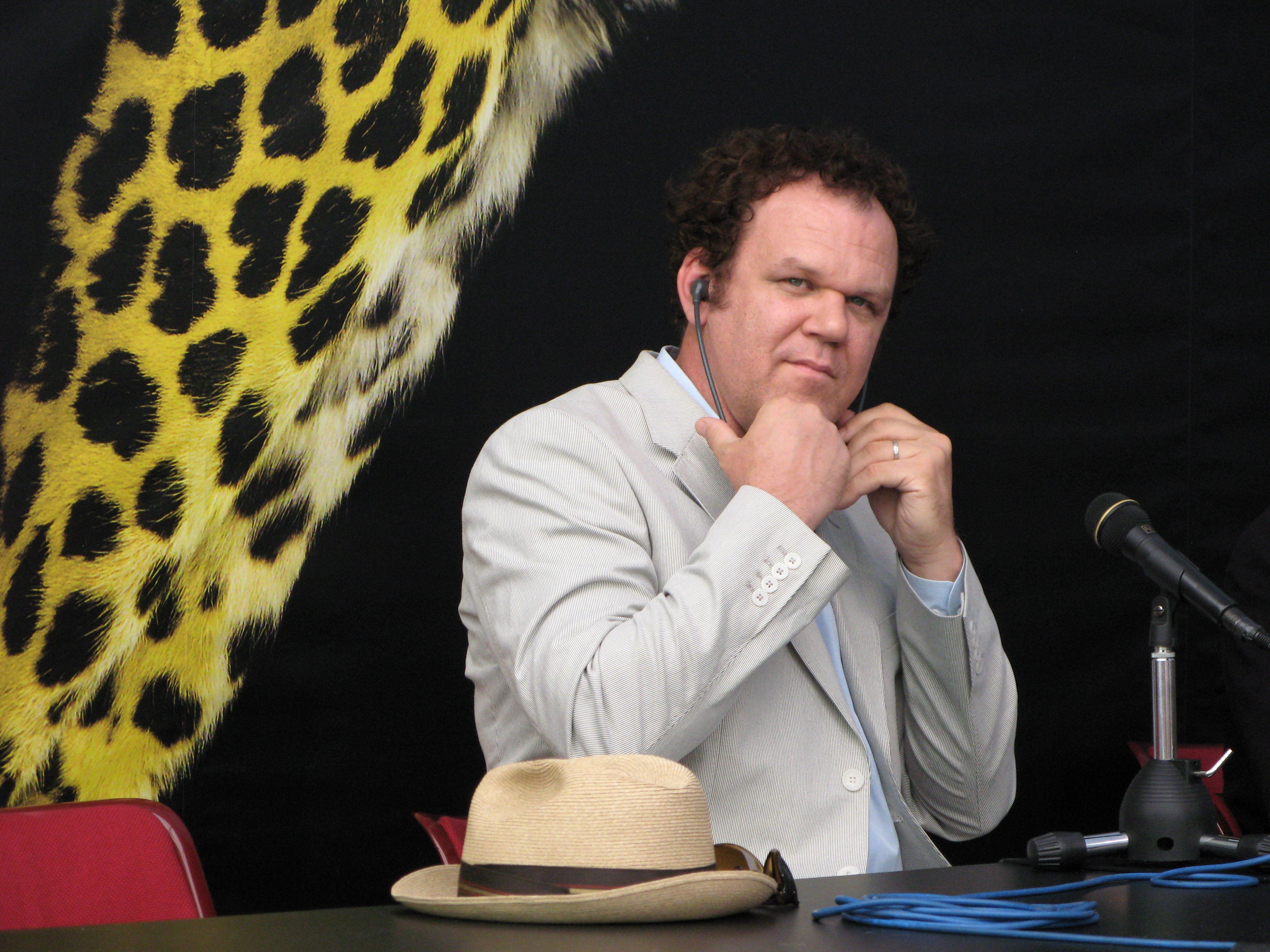
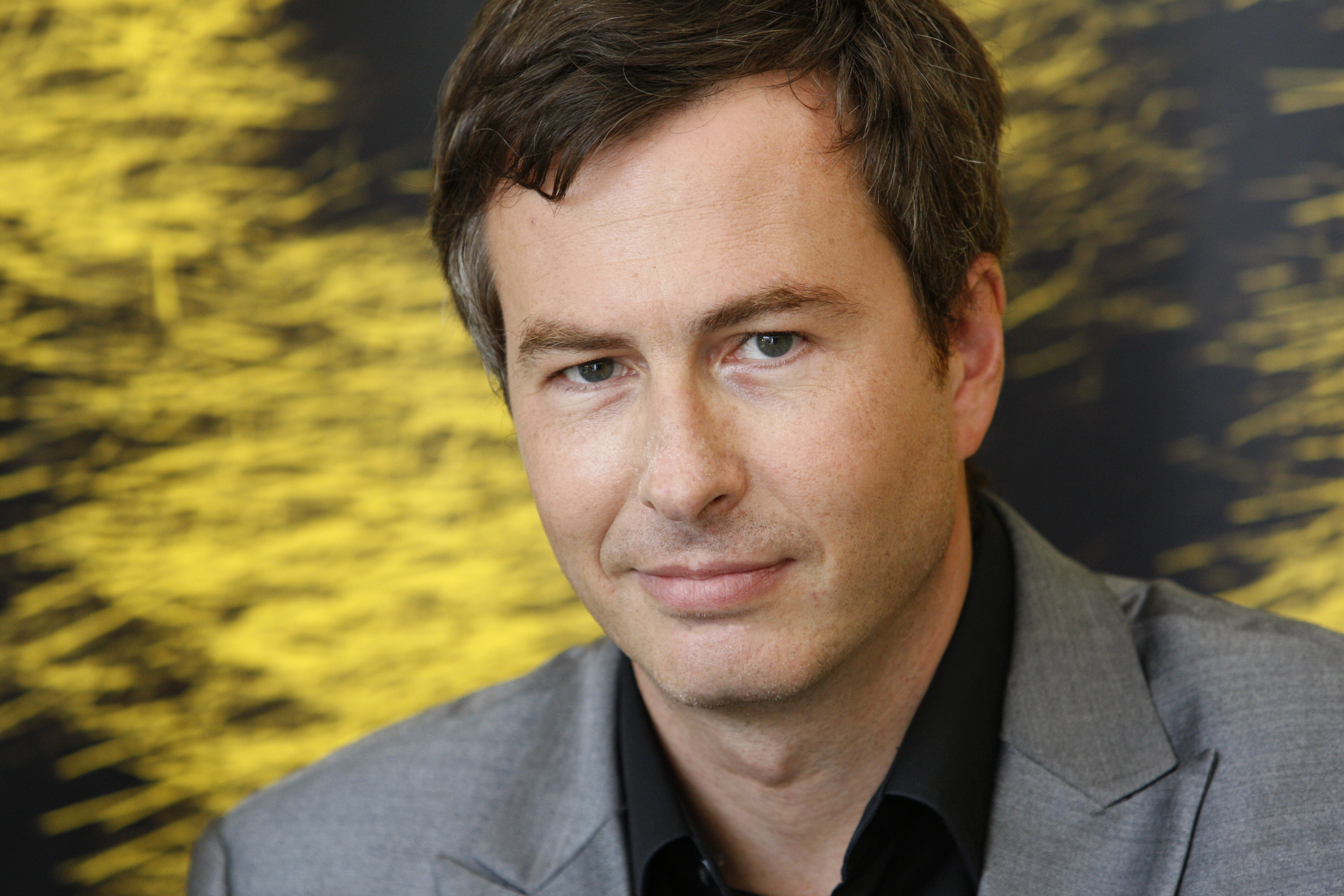
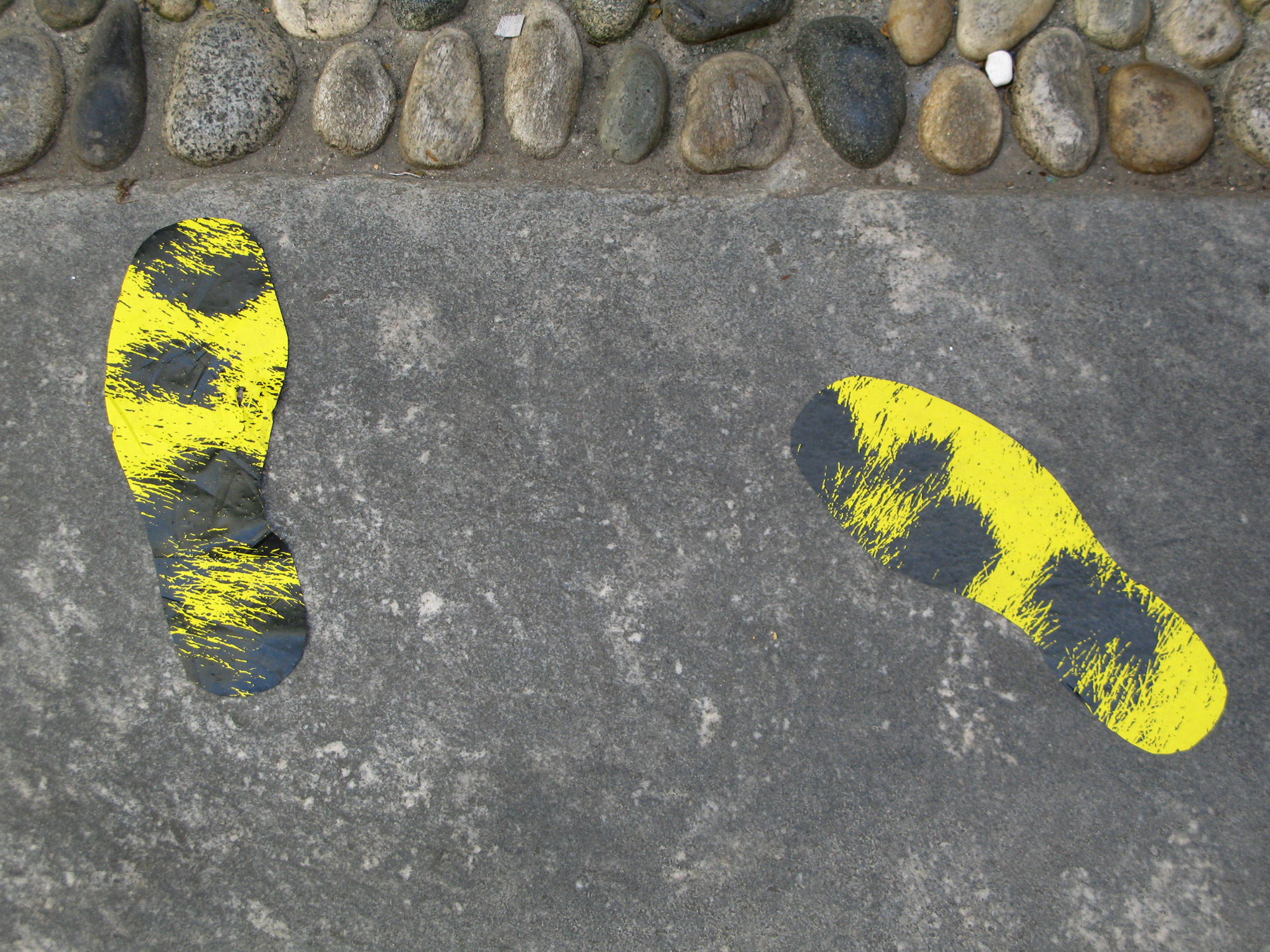
You can find an overview of ongoing debates with our journalists here. Please join us!
If you want to start a conversation about a topic raised in this article or want to report factual errors, email us at english@swissinfo.ch.